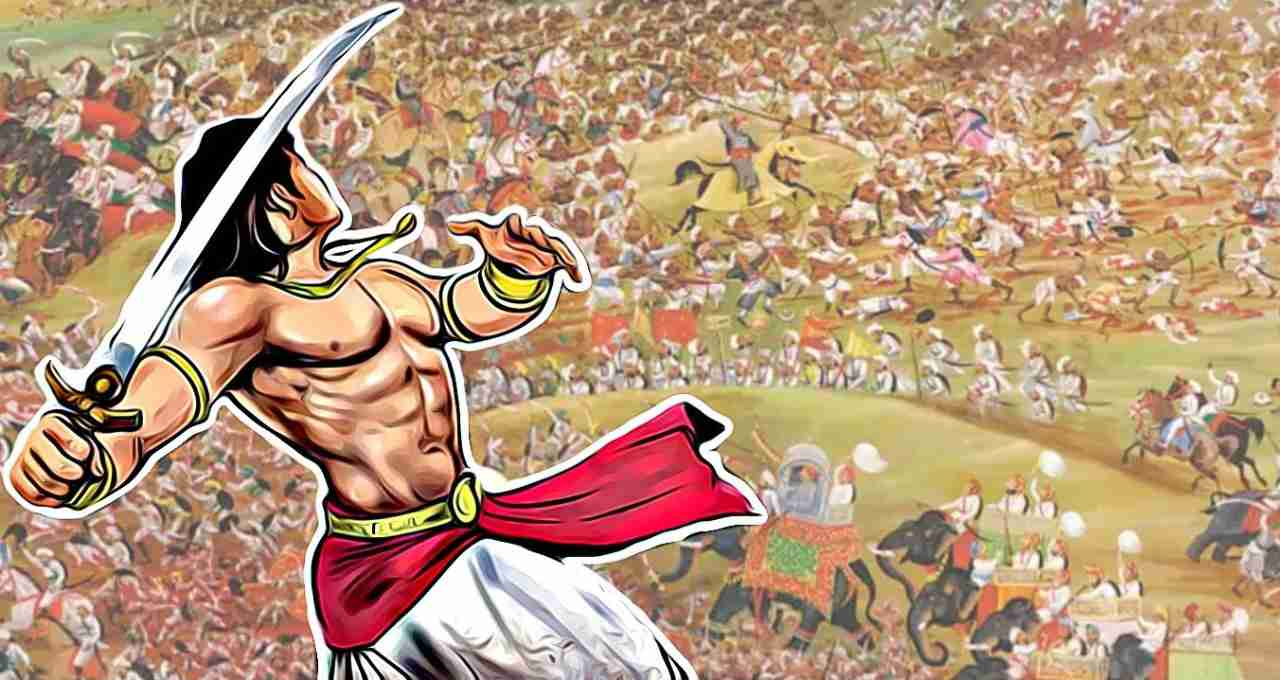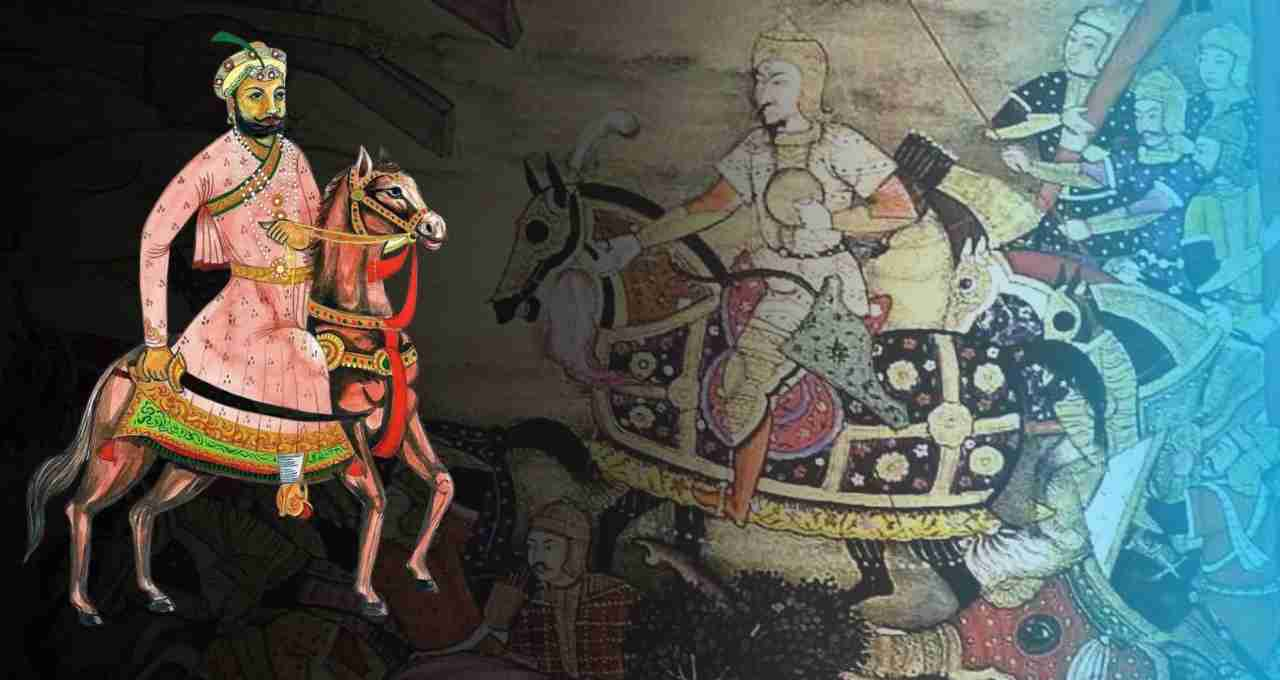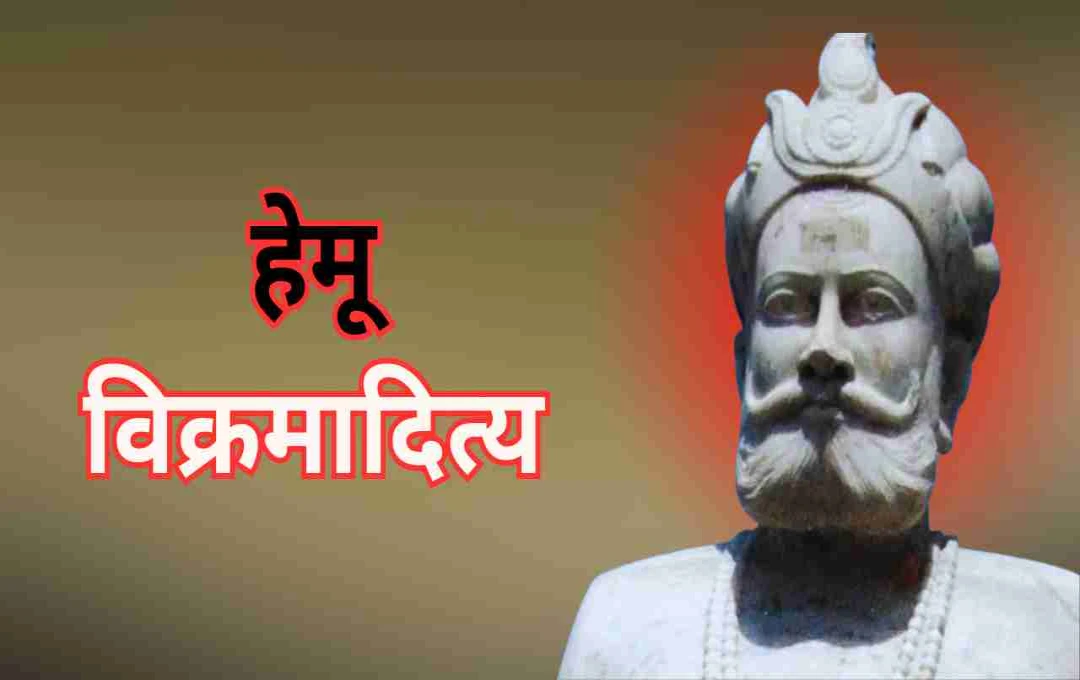In Indian history, there have been many warriors whose courage and leadership skills have become an inspiration for generations to come. But there are also some whose contributions have not made it into the mainstream of history, whose names have been deliberately suppressed. One such name is Hemchandra, also known as Hemu Vikramaditya, who rose from a humble merchant to the throne of Hindustan, but a twist of fate turned him into a 'near-missed emperor' in history.
Early Life: From Humble Beginnings to the Aspiration for Victory
Hemu was born into a Brahmin family living in the Rewari region of present-day Haryana. Due to the family's weak financial condition, Hemu had to engage in trade from childhood. Some historians believe that he worked selling or weighing salt. This was a period when the Mughal and Afghan powers were struggling for supremacy in North India. It was in these circumstances that Hemu honed the leadership skills hidden within him.
From Administration to War Strategy: Expansion of Unique Talent
Hemu started working in the court of Islam Shah Suri under Afghan rule. First, he became the market superintendent of Delhi, then he was also made the head of the postal and intelligence department. Seeing his military acumen, Adil Shah Suri made him the commander of the army, and later he also became the prime minister of the state. Now he was not only an administrator but also a warrior.
22 Victorious Battles: Success After Success

It is recorded in history that Hemu fought and won 22 battles in favor of Adil Shah. Many of these battles were against Afghan rebels, while in some he also defeated Mughal armies. Defeating rebels like Taj Khan Karrani on fronts like Chibramau and Chunar was a testament to his military strategy. He had strengthened his hold throughout North India.
Victory of Delhi and the Title of Vikramaditya
After Humayun's death in 1556, Delhi and Agra were in a weak position. Hemu recognized this opportunity and marched rapidly from Bengal to Delhi. He defeated the Mughals in the Battle of Tughlakabad and captured Delhi on October 7, 1556. After this, he assumed the title of 'Vikramaditya', which was considered the pride of Hindu emperors in Indian history. This moment was the most glorious moment of his life journey.
Second Battle of Panipat: An Arrow That Changed History
After Hemu's victory in Delhi, the Mughal reaction was swift and decisive. The Second Battle of Panipat was fought on November 5, 1556. Hemu was leading the army himself, riding on his famous war elephant 'Hawaai'. The battle was almost on the verge of victory when an arrow struck him in the eye and he fainted. The army was confused and defeated. He was taken prisoner and executed by Akbar's guardian, Bairam Khan.
Results and Legacy: Echoes of an Incomplete Revolution

With Hemu's death, a great attempt as a Hindu ruler came to an end. His family was taken prisoner; his father was killed for refusing to convert, but his wife escaped. The 120 elephants obtained from the Battle of Panipat were included in the Mughal army and later became a part of their strategy. Even today, Hemu's tomb exists in Rewari, which testifies to his indomitable courage. Historians believe that if the arrow had not struck that day, the power of a Brahmin emperor could have been established in India — which would have marked the beginning of a Hindu renaissance.
Criticism and Praise: The Story Behind Valor
Mughal court historians such as Abul-Fazl and Badauni tried to limit Hemu's contribution, but could not stop themselves from praising his bravery, leadership, and vision. Abul-Fazl wrote, "If only Akbar had included him in the state instead of killing him, he would surely have shone in the court with his talent."
Hemu Vikramaditya is such a face of Indian history who has not received enough recognition. He fulfilled his dream of becoming the emperor of India from a simple salt merchant. If an arrow of destiny had not struck his eye, today there would have been a golden saga of a Hindu monarchy between the Mughals and the British in Indian history.















